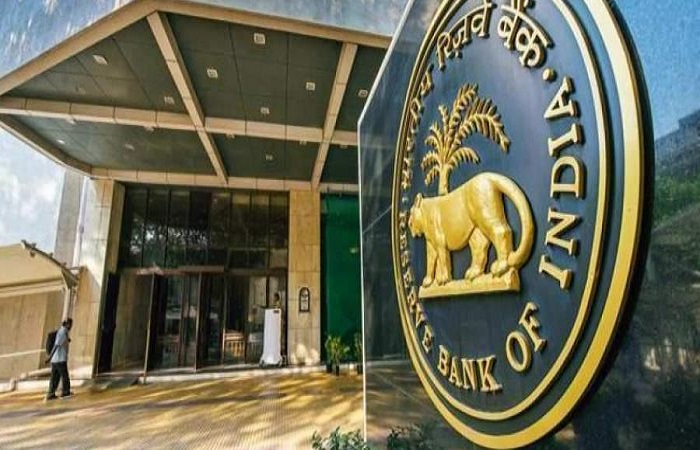A new report has revealed the lack of sustainable climate policies among G20 central banks
While there has been some progress in countries announcing their commitment towards a zero-carbon future, a new report revealed that their monetary and financial authorities aren’t putting their money where their mouth is. The report found India to be at the bottom of this barrel.
The report by research and campaign group Positive Money, which has been endorsed by 24 leading research institutes and NGOs, assessed the progress made by G20 central banks on sustainability. It made the assessments based on each bank’s green research and advocacy, monetary policy, financial policy and whether the central bank is using other ways to lead by example.
The report is crucial as it comes just ahead of a meeting of G20 finance ministers and central bankers on April 7-8 to discuss the new Action Plan.
Intent clear, action unclear

According to the report, while 14 of the 20 central banks scored very high for their research and advocacy efforts, the lack of monetary and financial policies geared towards a green future brought their scores down.
China led the pack, but by scoring an abysmal 50/130, and earning an unsatisfactory ‘C’ grade in its sustainability report card. The country’s People’s Bank of China (PBoC) scored a perfect 10 with regards to its research and advocacy, but fell way short when it came to the other parameters. According to the report, this was an indication that countries still had a long way to go in order to align finance with their climate ambitions. Brazil, France, the UK and EU were the other countries that made it to the top 5.
The India story
According to the report, India’s Reserve Bank of India (RBI) has failed across all parameters in walking the talk financially. It scored 9/130 in the scorecard and was ranked 15th overall. While most of the other major economies’ central banks scored a perfect 10 for research and advocacy, the RBI managed a measly 3/10. Its highest score was for monetary policy – 5/50. It scored a 1/10 for financial policy and failed to garner any points for leading by example. Overall, the report gave the RBI an ‘F’ grade for its efforts.
The report found that the central bank’s green monetary policy – the Priority Sector Lending Programme, which imposes a minimum lending floor for lending to specific environmentally friendly sectors – had medium impact. The bank’s green research and advocacy efforts, as well as financial policy efforts, had low impacts, the report found.
Ways to improve
The report comes close on the heels of the 2021 Banking on Climate Change report, which found 60 of the world’s largest private banks have invested in fossil fuel projects worth $3.8 trillion since the 2015 Paris Agreement. The report also revealed there had been a 10% increase last year in fossil fuel expansion projects.
The Positive Money report takes this result further to reveal the lack of policy support to reduce dependence on fossil fuels. It found that the countries that had integrated climate into their policies focused more on financial disclosures, stress tests, and encouraging lending towards green assets rather than trying to end financial support for fossil-fuel activities.
“The 2008 crash showed financial markets cannot be left to self-regulate in the face of systemic risk, but by failing to confront the climate crisis we are repeating the same mistakes on an even bigger scale. Protecting environmental stability is a prerequisite for maintaining monetary and financial stability. If central banks are to fulfil their core mandates and support governments’ climate targets, they must step up action to clamp down on dirty financial flows,” said David Barmes, Positive Money economist and lead author of the report.
About The Author
You may also like
India’s mutual funds are not climate-ready, finds new report
Beyond Renewables: Unlocking Private Finance for India’s Green Future
The missing link: Why MSMEs need more than just budgetary support for green growth
Looking inward: Can India pave its own path to self-reliant climate finance?
Green energy boom or bubble? Navigating the risks and rewards in India’s market


